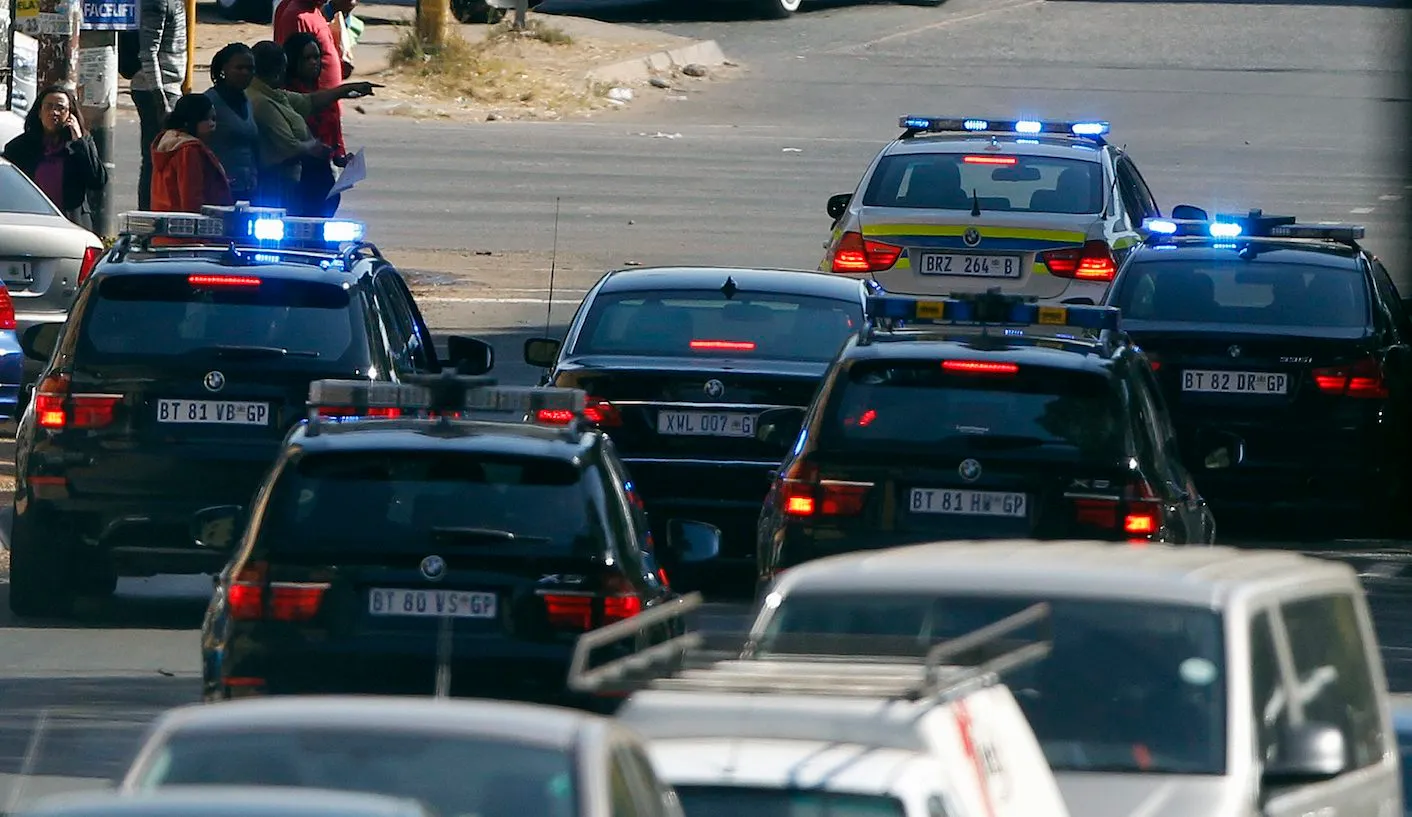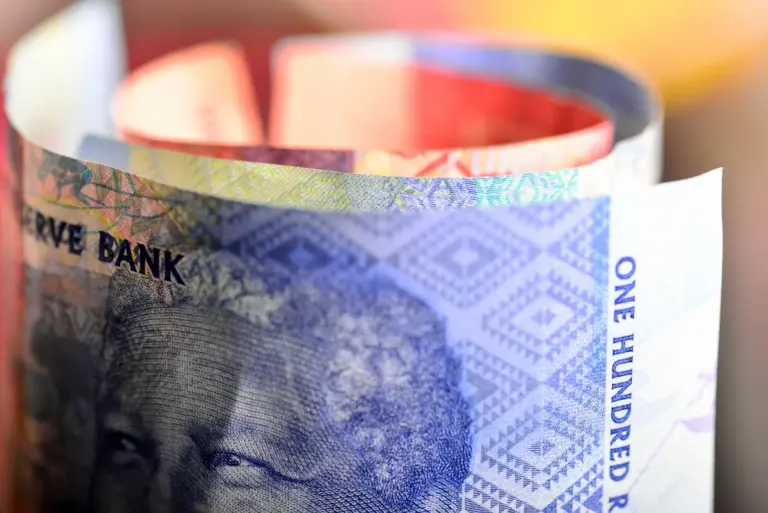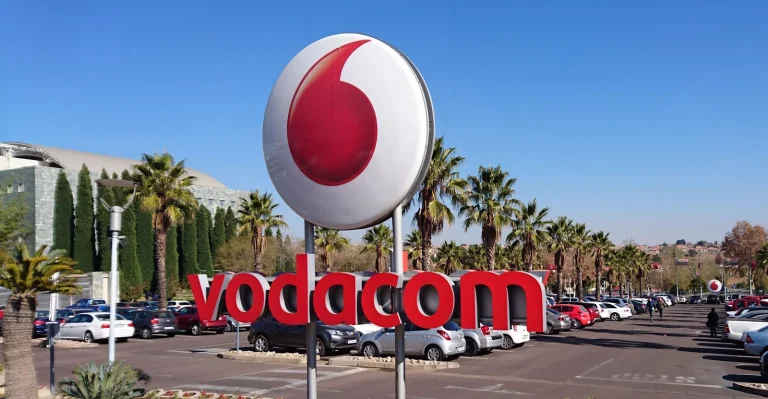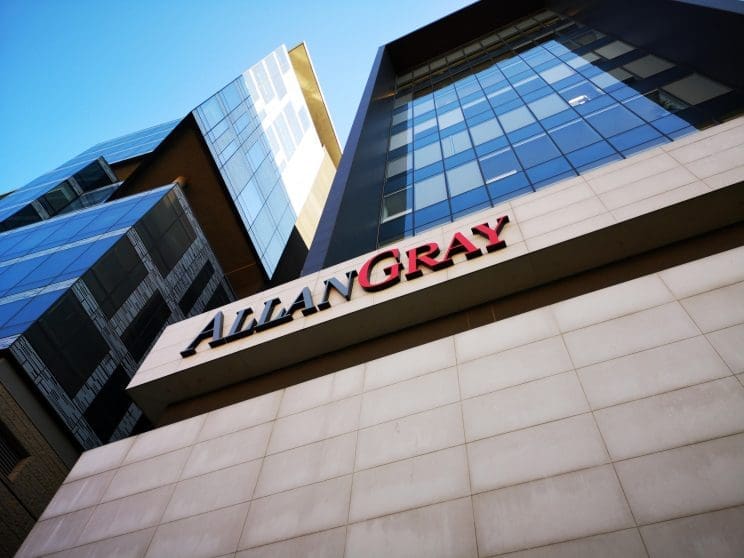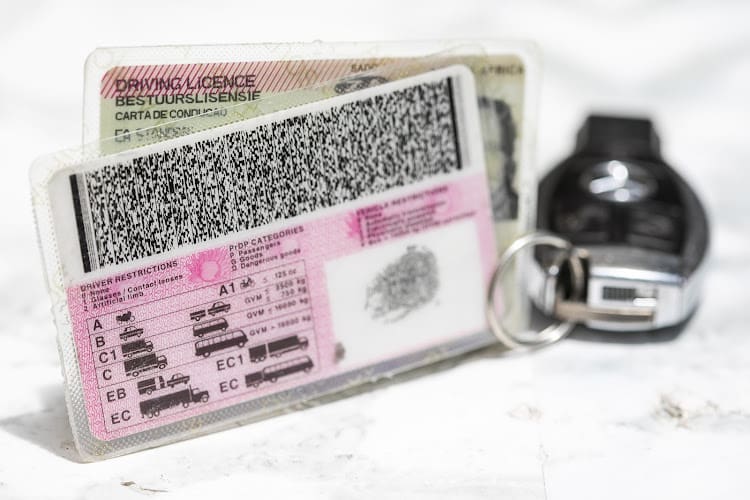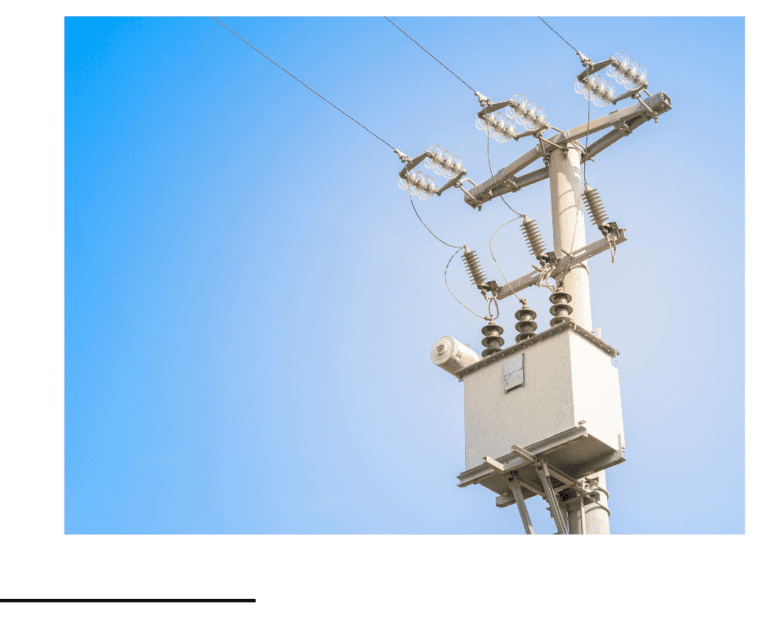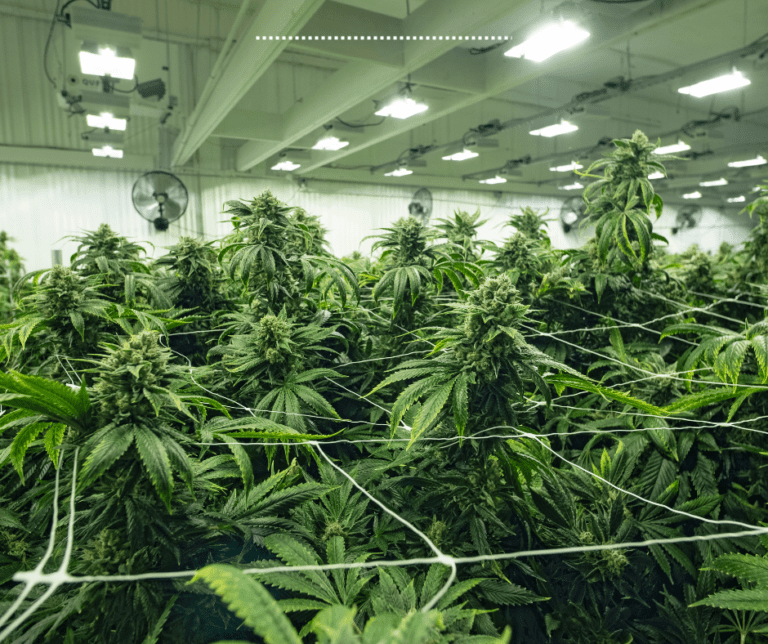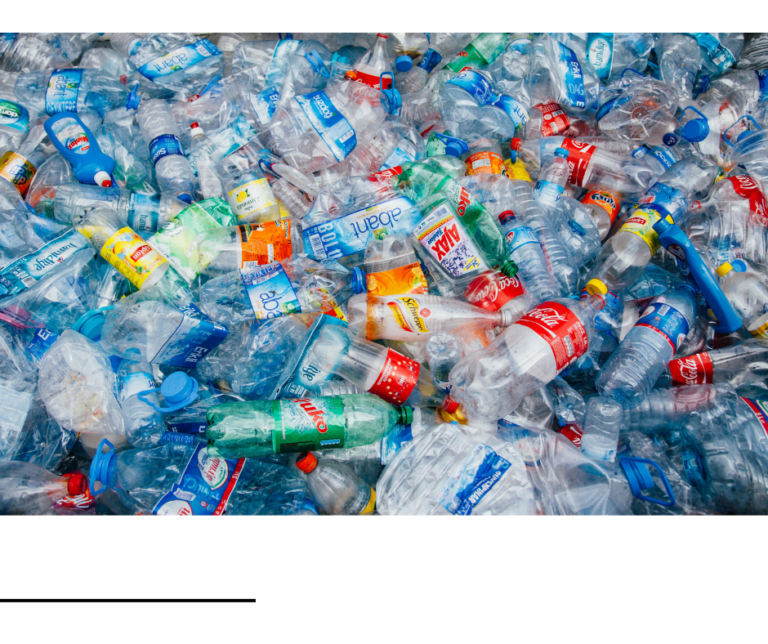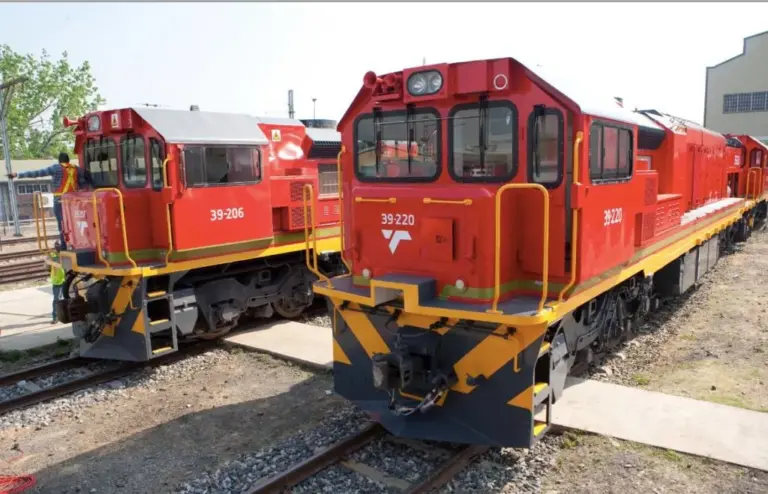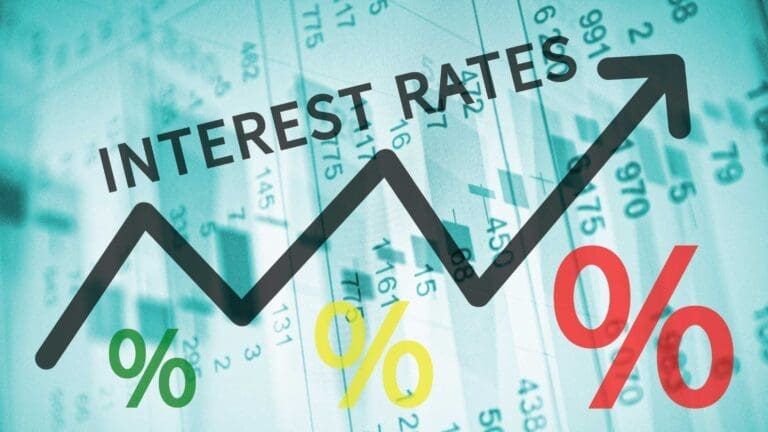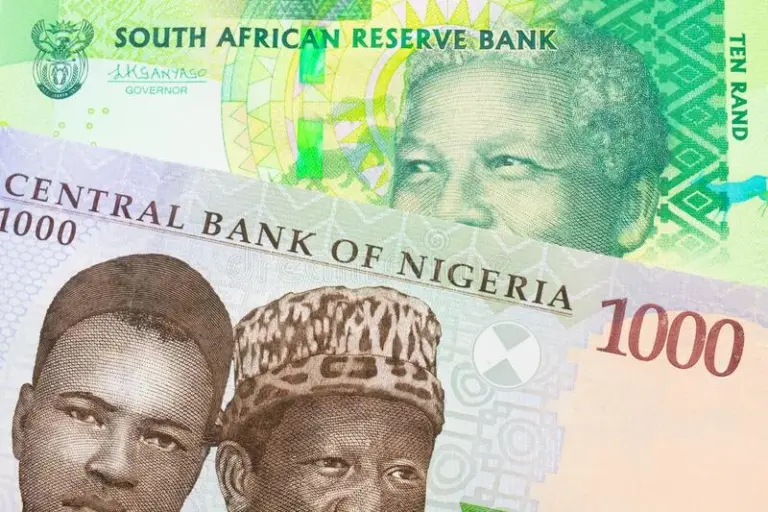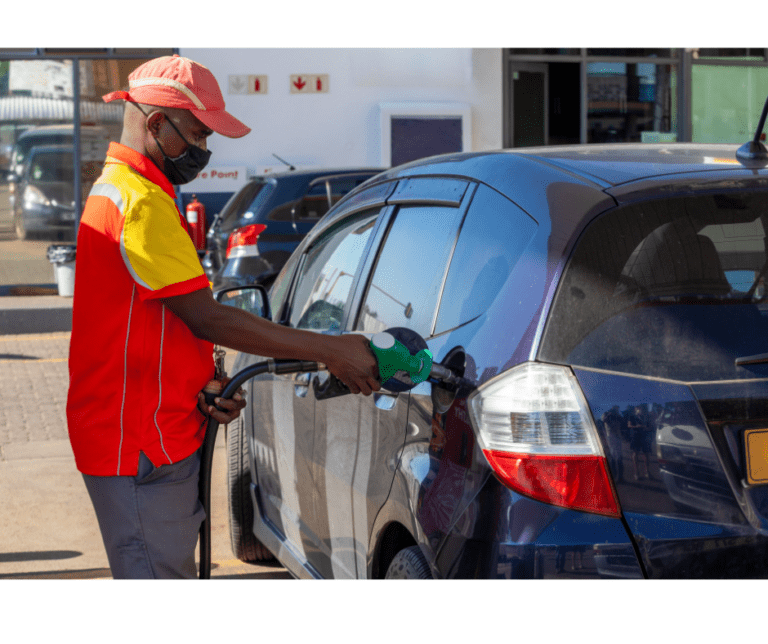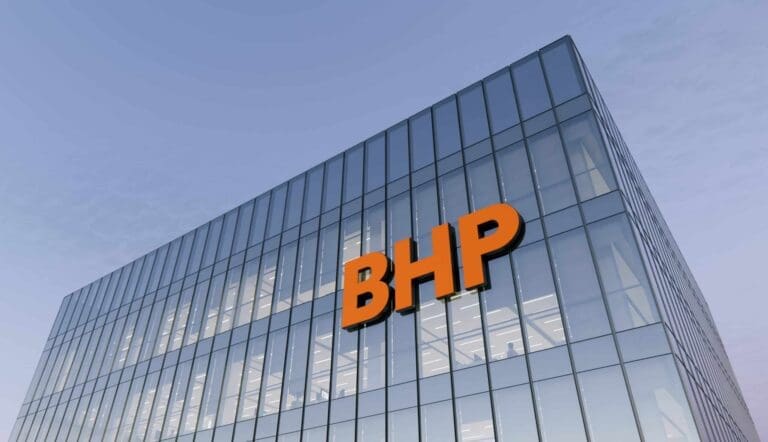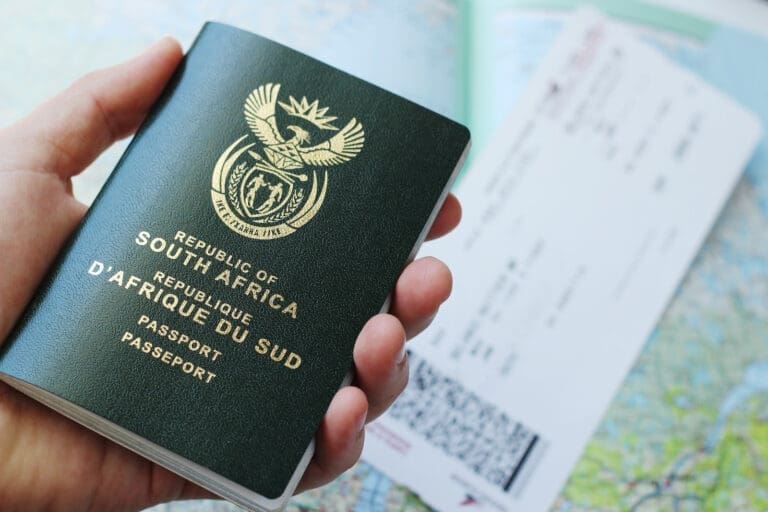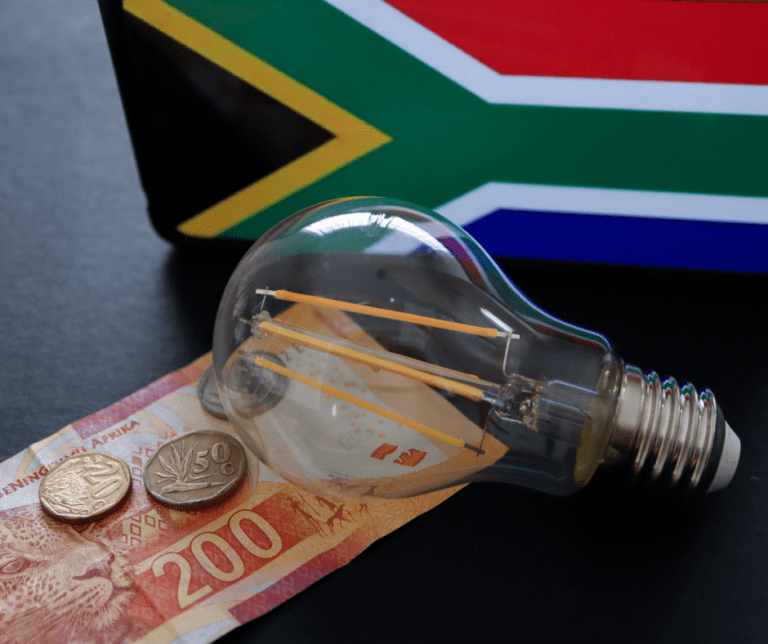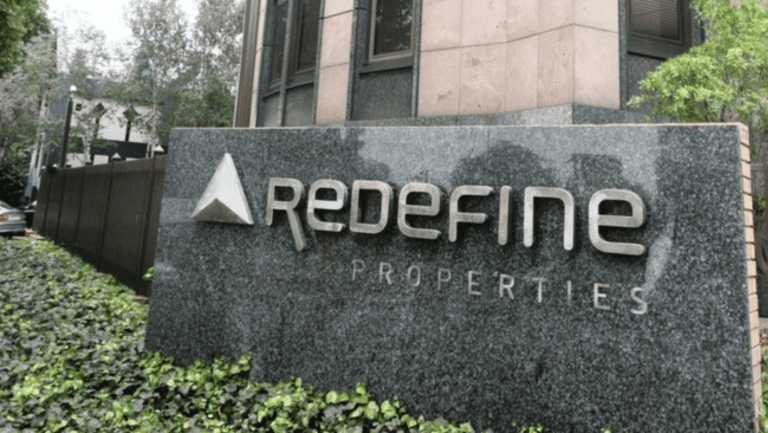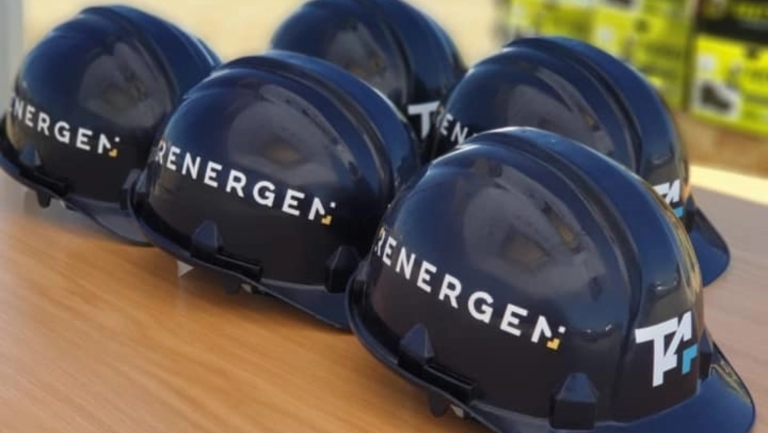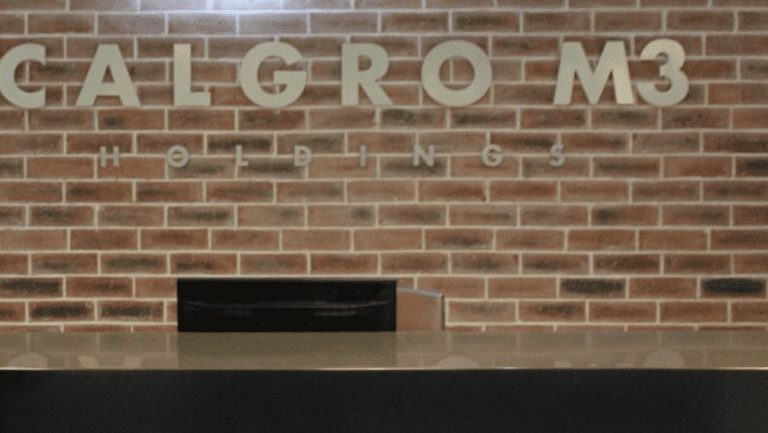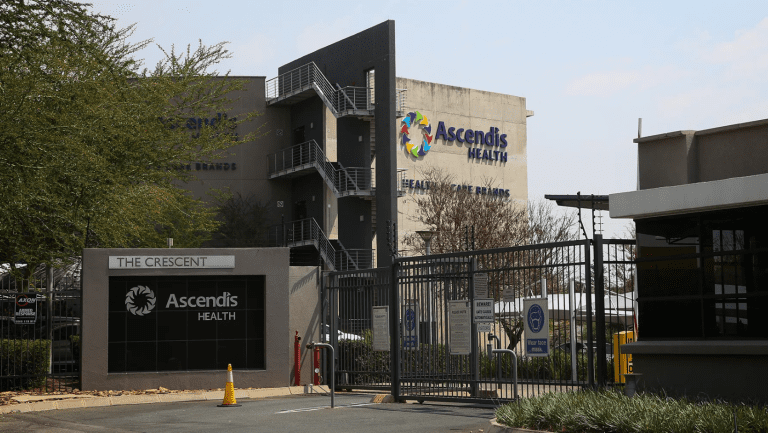The South African Police Service (SAPS) has come under scrutiny for its exorbitant spending on petrol and diesel for its VIP Protection Unit, amounting to over R42 million in the past six years alone, averaging just over R583,000 per month.
Revealed in a recent parliamentary Q&A session, Police Minister Bheki Cele disclosed the staggering fuel expenditures for VIP protection services between 2018 and 2022, as well as between March 2023 and March 2024.
The VIP Protection Unit, an integral arm of the SAPS, is tasked with providing static and in-transit protection for high-profile figures including the president, vice president, former heads of state, cabinet ministers, provincial executive council members, and foreign dignitaries.
Cele’s breakdown of the spending revealed that between 2018 and 2022, R34 million was allocated to fuel expenses for VIP units, with the bulk of the outlay concentrated in Gauteng and the Western Cape regions.
However, the most recent figures unveiled a further R8 million expenditure on petrol and diesel between March 2023 and March 2024, with Gauteng’s VIP unit accounting for the largest share of R2.2 million.
The geographical distribution of spending corresponds with the location of key government institutions, with the Union Buildings situated in Pretoria and the Houses of Parliament in the Western Cape.
Notably, Mpumalanga emerged as the second-largest spender during the same period, with its VIP vehicles consuming over R1.1 million worth of public funds.
In response to Cele’s revelations, Democratic Alliance (DA) Member of Parliament Andrew Whitfield criticized the apparent disconnect between the financial burdens faced by ordinary South Africans and the lavish expenditure on VIP protection.
“While South Africans are grappling with the soaring cost of living, including escalating fuel prices, ANC VIP cadres are enjoying taxpayer-funded perks without bearing any personal financial responsibility,” remarked Whitfield.
Yet, Whitfield’s critique takes on a softer tone when juxtaposed with the disproportionate allocation of funds for VIP protection compared to other critical policing services.
For the 2024/25 fiscal year, SAPS has earmarked a staggering R4 billion for protection and security services, with a significant portion—R2.18 billion—allocated specifically for VIP protection.
This allocation is marginally less than the R2.4 billion budgeted by the Directorate for Priority Crime Investigations, commonly known as The Hawks, tasked with combating organized crime syndicates, violent crimes, commercial malfeasance, and corruption.
Illustrating the stark disparity, taxpayers are effectively footing the bill to safeguard around 200 government VIPs at a cost equivalent to funding investigations into all serious crimes nationwide.
To compound matters, Whitfield highlighted a concerning trend of escalating expenditure on SAPS VIP protection, with the ANC government increasing the allocation by over R52 million in the mid-term budget.
“The budget allocation for these services has surged by over 25% in the past five years,” noted Whitfield, contrasting this with the more modest increases in other critical SAPS spending programs such as Crime Intelligence Operations and Crime Prevention.
The revelations surrounding the SAPS’s VIP Protection spending not only raise questions about fiscal prudence and accountability but also underscore broader concerns regarding resource allocation and priorities within South Africa’s law enforcement landscape.
As taxpayers grapple with the burden of economic challenges and rising living costs, calls for greater transparency and scrutiny over public expenditure, particularly in areas perceived as extravagant or disproportionate, are likely to intensify.


